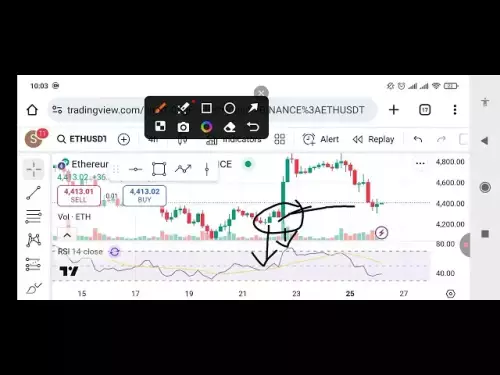The SEC's evolving stance on crypto, focusing on super-apps, self-custody, and Project Crypto, aims to modernize regulations and foster innovation while protecting investors.

Super-Apps, Self-Custody, and the SEC's New Playbook: A NYC Perspective
The crypto landscape is shifting, and the SEC is rewriting its rules. Forget the image of the SEC as just a crypto cop. They're trying something new with 'Super-Apps, Self-Custody, SEC playbook', aiming to modernize securities laws for the blockchain age. This isn't just about enforcement; it's about fostering innovation right here in the U.S.
Project Crypto: A New Sheriff in Town
SEC Chairman Paul Atkins' 'Project Crypto' is a game-changer. The key idea? Most crypto assets aren't securities, and the rules need to reflect that. Atkins wants to provide clear guidelines, moving away from applying outdated laws to blockchain tech. It's about creating a framework where innovation can thrive without getting bogged down in regulatory confusion.
The Pillars of Progress: Clarity, Custody, and Super-Apps
So, what does this new playbook look like? Three things stand out:
- Clarity on Classifications: No more guessing games about what's a security and what isn't. Project Crypto aims to create clear rules, including potential safe harbors for early-stage tokens.
- Custody that Makes Sense: Self-custody is being recognized as an American value. The SEC wants to protect the right to hold your own digital assets, while also updating custody rules for institutions offering crypto services.
- Super-Apps Instead of Silos: The vision is to allow platforms that offer multiple services under one roof, from staking to trading, with regulators coordinating across agencies.
Super-Apps: The One-Stop Crypto Shop
Super-apps could be the key to making crypto more accessible. Imagine a single platform where you can buy and sell crypto, trade traditional securities, stake your assets, and access lending products. Companies like Coinbase and Robinhood are already positioning themselves to capitalize on this trend. Coinbase's Base App, for example, is evolving into a self-custody wallet that connects to DeFi applications, making them easier to use.
Self-Custody: Taking Control of Your Assets
The emphasis on self-custody is crucial. It empowers individuals to control their digital assets directly. As analyst Ali Martinez pointed out, the recent outflow of Ethena (ENA) tokens from exchanges suggests a move towards self-custody or staking, reducing sell pressure and signaling long-term value recognition. This trend is supported by increased whale activity, with large holders accumulating more tokens.
The SEC Playbook: Ripple's Case and Future Sales
The SEC's approach is also evident in how Ripple can sell XRP. They aren't banned, but they must follow stricter rules. As Vincent van Code explained, Ripple can sell to institutions if they register the sale with the SEC or use a legal exemption. This means following specific steps to limit who can buy, control where the sale happens, and restrict reselling. It's about playing by the book.
A Word of Caution: Risks and Regulations
While these developments are exciting, it's essential to be aware of the risks. More relaxed regulations could lead to increased fraud and theft. Super-apps also raise concerns about data protection. Investors need to do their homework on platforms and assets, paying close attention to custody and fraud protection rules.
Final Thoughts: Navigating the Crypto Evolution
The crypto market is constantly evolving, and the SEC's new approach reflects this. By fostering innovation, protecting self-custody, and providing clear guidelines, Project Crypto could unlock the full potential of digital assets. Of course, the SEC needs to ensure consumer protections aren't left in the dust. Still, it's a pretty wild time for digital assets!














































































